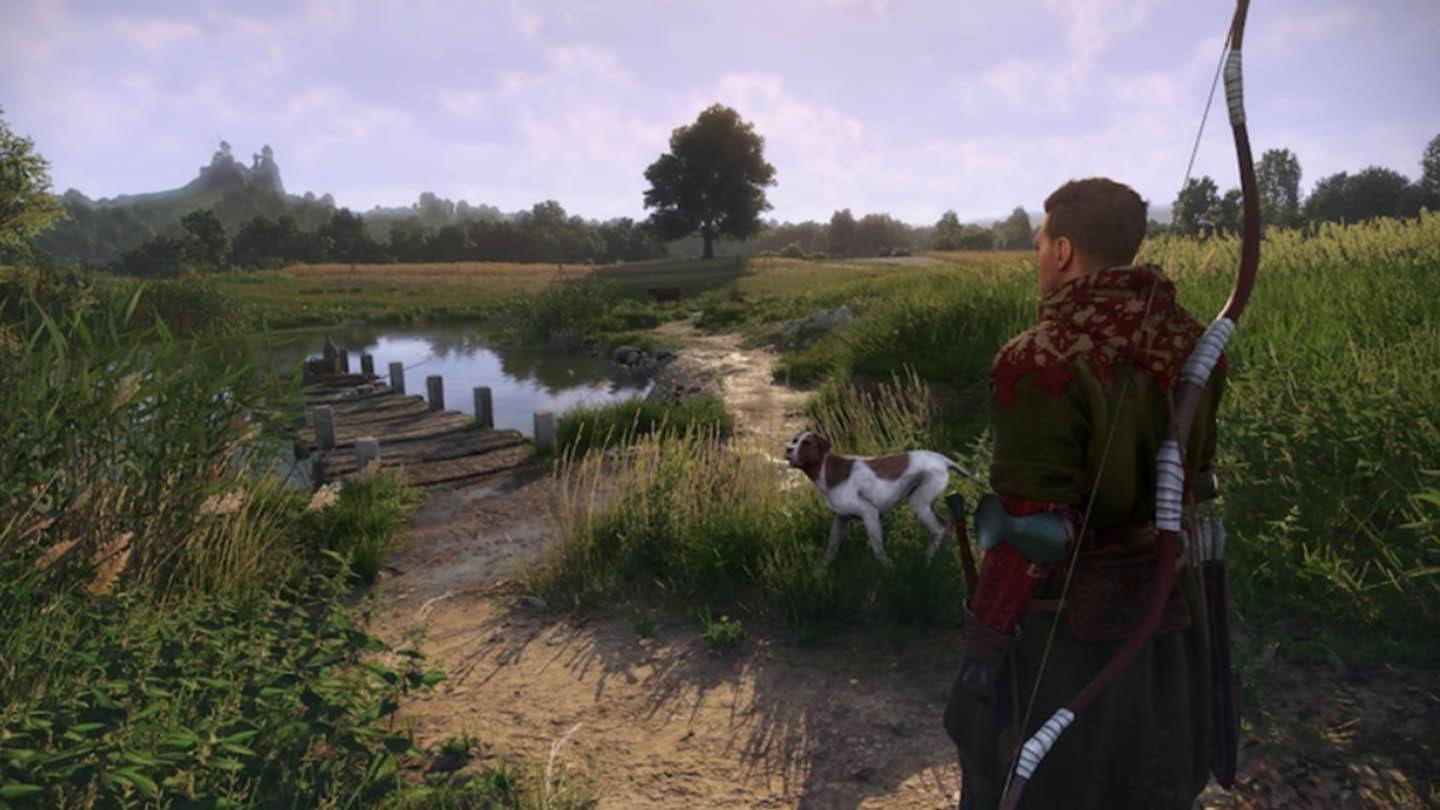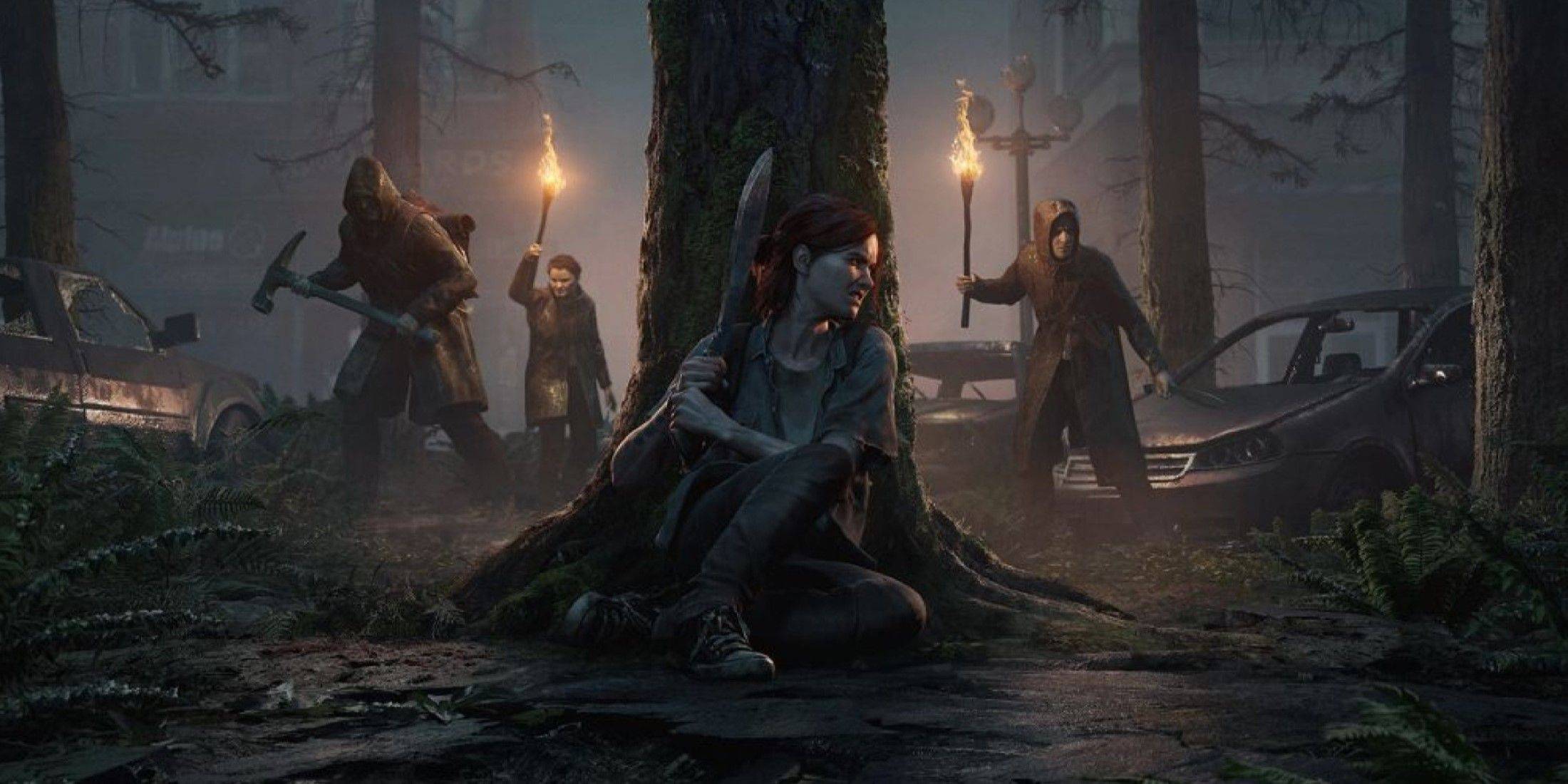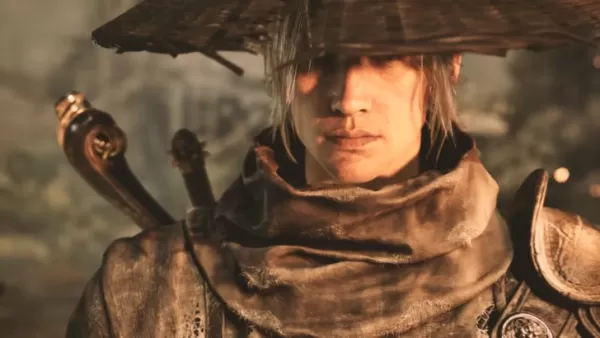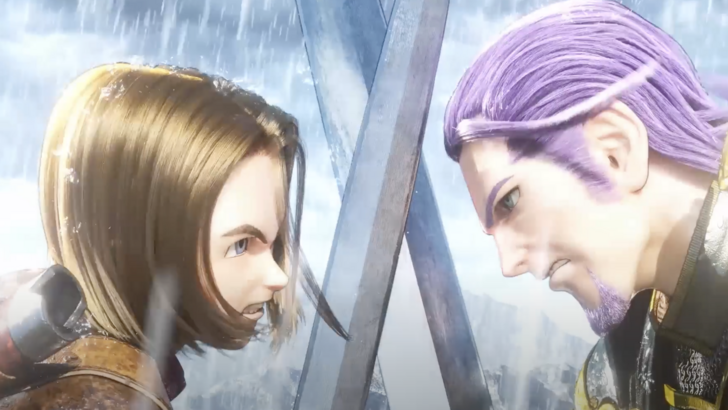Palworld Director Clarifies AI Controversy, Online Issues, and Misunderstandings
- By Jonathan
- May 05,2025
At the Game Developers Conference (GDC) last month, we had an in-depth conversation with John "Bucky" Buckley, communications director and publishing manager for Palworld developer Pocketpair. Following his talk at the conference titled 'Community Management Summit: A Palworld Roller Coaster: Surviving the Drop,' Buckley shared insights into Palworld's challenges, including accusations of using generative AI and stealing Pokémon's models, both of which have been debunked. He also touched on Nintendo's patent infringement lawsuit against the studio, which he described as a shock.
Given the depth of Buckley's insights, we've decided to publish the full extended interview here, while also offering shorter summaries on specific topics such as the potential for Palworld on the Nintendo Switch 2, the studio's reaction to being labeled "Pokémon with guns," and the possibility of Pocketpair being acquired.
This interview has been lightly edited for clarity:
IGN: I'm going to start with the question that I know you can't fully answer. You mentioned the lawsuit briefly in your GDC talk. Has it made it harder for Pocketpair to move forward and update the game while it's still pending?
John Buckley: No, it hasn't made it harder to update the game or to move forward. It's more of a constant presence that weighs on us. It affects the company's morale more than anything else. Of course, lawyers are involved, but that's handled at the top level, and it doesn't impact our daily development work.
IGN: Let's dive into your talk's opening where you discussed the 'Pokémon with guns' label. Why didn't you seem to like it?
Buckley: Many people assume that was our initial goal, but it wasn't. We aimed to create something similar to ARK: Survival Evolved, with more automation and unique personalities for each creature. Our previous game, Craftopia, drew inspiration from ARK, and we wanted to expand on that. When we released the first trailer, the 'Pokémon with guns' label emerged, and while we weren't thrilled, we accepted it. We just wish people would play the game before labeling it that way.
IGN: You mentioned not understanding why Palworld became so popular. Do you think the 'Pokémon with guns' label played a significant role?
Buckley: Absolutely, it did. It fueled a lot of attention, but it's frustrating when people believe that's what the game is without trying it. If they play it, they might see it differently.
IGN: How would you have described Palworld?
Buckley: Maybe something like, "Palworld: It's kind of like ARK if ARK met Factorio and Happy Tree Friends." It doesn't have the same ring, though.
IGN: In your talk, you addressed the criticism that the game was AI-generated. How did that impact the team at Pocketpair?
Buckley: It was a massive blow, especially for our artists. The accusations are baseless, and it's particularly hard on our Pal concept artists, many of whom are female and prefer to stay out of the public eye. We released an art book to counter these claims, but it didn't fully resolve the issue.
IGN: The industry is grappling with generative AI. People think they can spot AI art, but it's not always clear.
Buckley: Many of the arguments against us are hollow. They stem from a misinterpreted comment by our CEO and a game we developed called AI: Art Imposter, which was intended as a lighthearted party game. Unfortunately, it was misconstrued as an endorsement of generative AI.
IGN: What's your view on the state of online gaming communities?
Buckley: Social media is crucial for us, especially in our primary markets like Japan and China. However, online communities can be intense, and while we can handle some criticism, death threats are unacceptable and illogical. We're dedicated to fixing issues in the game, and we wish players would be more sympathetic to our efforts.
IGN: Do you feel social media is getting worse?
Buckley: There's a trend of people saying the opposite just to provoke reactions. Fortunately, Palworld has largely avoided political and social controversies and mainly receives feedback about game issues.
IGN: You mentioned that most of the criticism came from the Western audience. Why do you think that is?
Buckley: We're not sure. In Japan, opinions about us are split. We focus on overseas markets with a Japanese flair, and while we consider ourselves indie, that label is contested back home. The intense criticism, including death threats, was primarily in English.
Palworld Screens
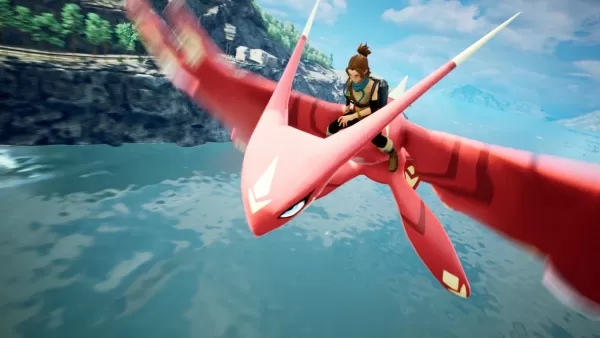
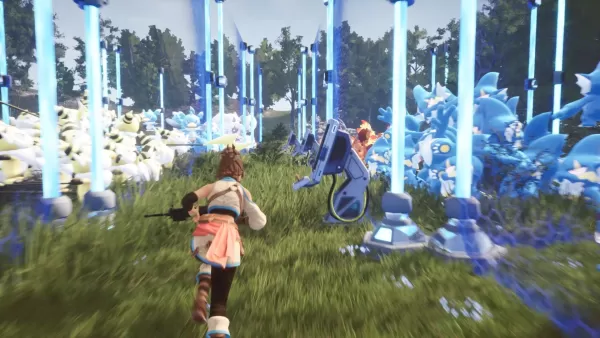 17 Images
17 Images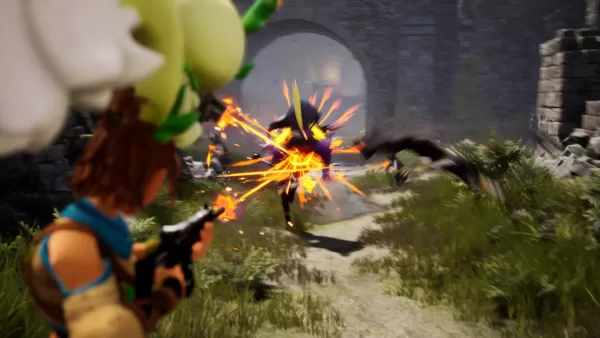
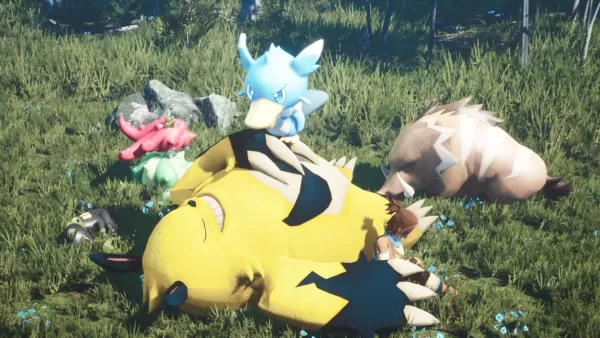
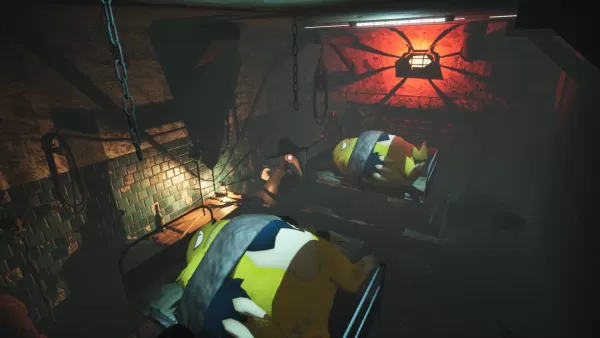
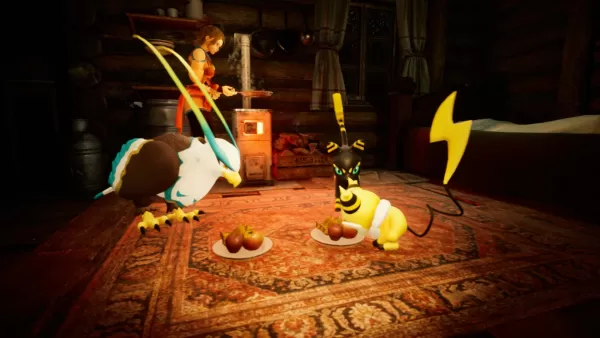
IGN: Palworld's success was unexpected. Has it changed anything about how the studio operates or your future plans?
Buckley: It has influenced our future plans but not the studio's core operations. We've expanded our server and development teams to speed up development, but our company culture remains largely unchanged. Our CEO wants to keep the studio small, and we're currently at about 70 people.
IGN: Do you anticipate supporting Palworld for a long time?
Buckley: Absolutely. Palworld is here to stay, though its future form is uncertain. We're also continuing to work on Craftopia and support other projects within the company. Palworld has split into the game itself and the broader IP, with the latter being managed by Aniplex and Sony Music.
IGN: There was a misunderstanding about a partnership. Can you clarify?
Buckley: People often misunderstand our relationship with Sony. We're not owned by them, and that misconception persists.
IGN: Would Pocketpair ever consider being acquired?
Buckley: Our CEO would never allow it. He values independence and doing things his own way. Maybe he might sell when he's older, but I doubt it will happen in my lifetime.
IGN: Do you see Pokémon as a competitor?
Buckley: Not really. The audiences and game systems are different. We focus more on other survival games like Nightingale and Enshrouded. Competition in gaming is often manufactured for marketing, and we're more concerned with timing our releases.
IGN: Would you ever release Palworld on the Switch?
Buckley: If we could make it work, we would, but it's a demanding game. For the Switch 2, we'll have to wait and see the specs. We've had success optimizing for the Steam Deck, so we're open to more handheld options.
IGN: What's your message for those who haven't played Palworld and might misunderstand it?
Buckley: I think many people who know Palworld only through news and drama misunderstand it. I encourage them to play it. We're considering a demo to let people experience the game for themselves. It's not what many assume, and we're not as 'seedy and scummy' as some might think. Our choice to protect our developers from public scrutiny might have contributed to our misunderstood image, but it was necessary.
The internet often reduces complex games to memes, like 'Pokémon with guns,' which oversimplifies Palworld. Last year was exceptional for gaming, with many successful releases, and emotions were running high.
Latest News
more >-

- Prime Youth Offer: A Top Deal I Miss As An Adult
- Dec 27,2025
-
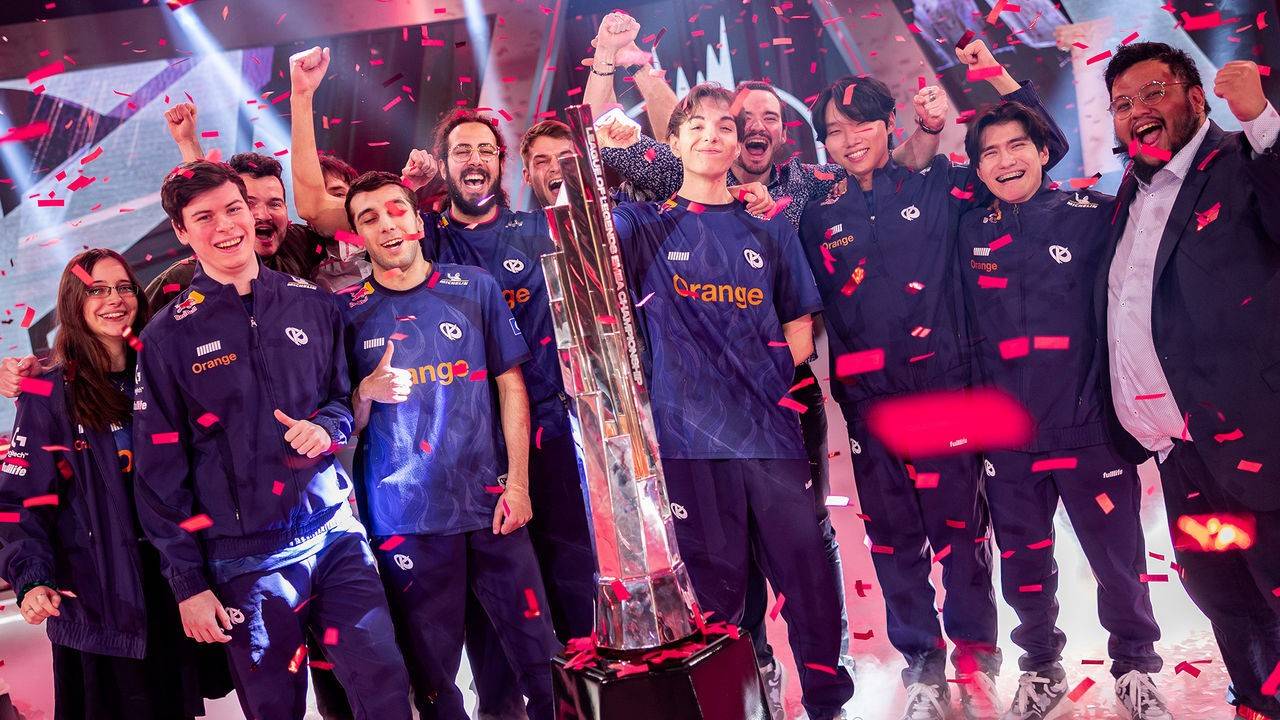
- LoL First Stand 2025: Why It Matters
- Dec 26,2025
-
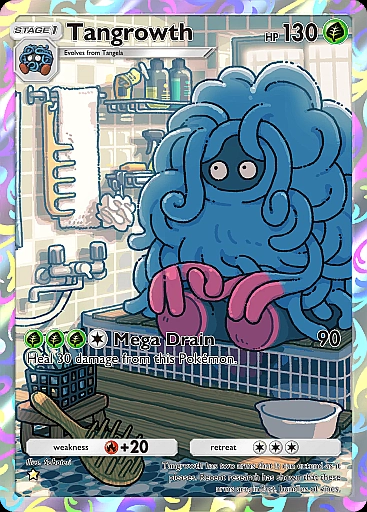
-
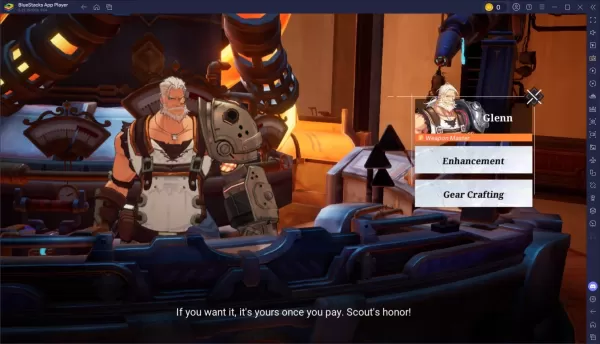
- Atlan Crystal: Boost Gear Quality Guide
- Dec 25,2025
-
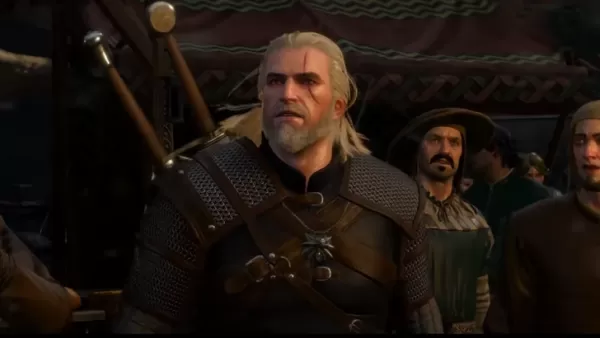
- The Witcher 3 Mod Support Patch Pushed to 2026
- Dec 25,2025
